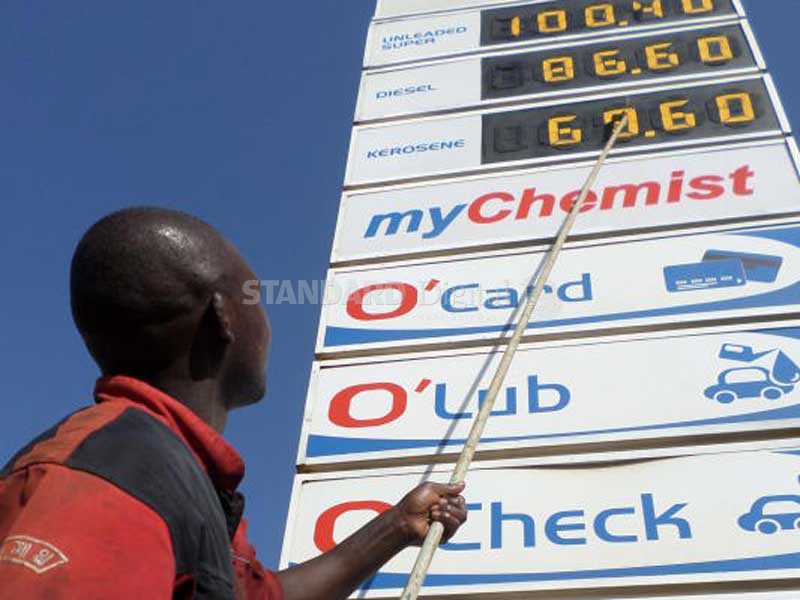×
The Standard e-Paper
Kenya’s Boldest Voice

Government’s proposal to come up with additional taxes that could rise the price of essential commodities, such as petroleum products, is unnecessary burden to Kenyans.
The news, coinciding with the report from Auditor General which showed that only about a quarter (27 per cent) of government ministries, departments and agencies could fully account for the taxpayers money, means that state has a long way to go on matters of accountability.